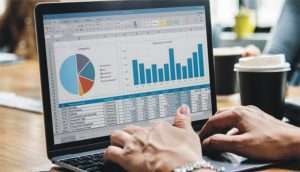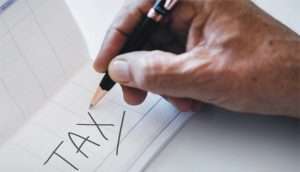Running a small business in modern times can be challenging. You have to make critical decisions and find new and viable ways to grow your business. As a business owner, you must also pay different taxes depending on what you do and how much profit your business makes in a tax year. While there’s no getting away from tax, there are ways to ease the burden by claiming deductible taxes.
Whether you run a small business or are self-employed, HMRC offers various financial allowances and tax reliefs in the UK. These reliefs allow you to deduct some expenses from your annual tax return to save money. For example, if your business makes £30,000 in a tax year, your allowable expenses in this year are £3000, and your taxable profit will be £27,000. So you only have to pay tax on £27,000.
There are clear rules on what is and isn’t included in “allowable expenses”. Allowable expenses are those business expenses that are crucial to keeping your business up and running. While you may know most of these expenses, losing track of things that can be claimed is easy. As a result, you pay more tax than you need to. Knowing which of your expenses are allowable helps you claim legitimate expenses at the time of filing Self Assessment Tax Returns to HRMC and save money.
The tax specialists at our company, IBISS & Co, have compiled a list of all expenses eligible for deduction.
Office Supplies
Office supplies are crucial for running any kind of business. You can claim allowable expenses for any office supplies that you’d use for less than two years, such as:
- Business stationery
- Printing material, printer ink, and cartridges
- Postage
- Computer software your business uses
- Phones (both desk and mobile phone) and fax machines
- The computer software that requires frequent payments to renew the licence
Things that you would use for more than two years, such as office equipment (PCs, devices, printers, etc.), are also eligible for deduction. However, businesses that don’t use cash basis accounting will have to claim these items as capital allowances.
You can also claim a tablet, home computer, or laptop used for business on a pro-rata basis. For example, if you bought a personal laptop that you use for business 50% of the time, you can claim 50% of the cost of this laptop as an allowable expense.
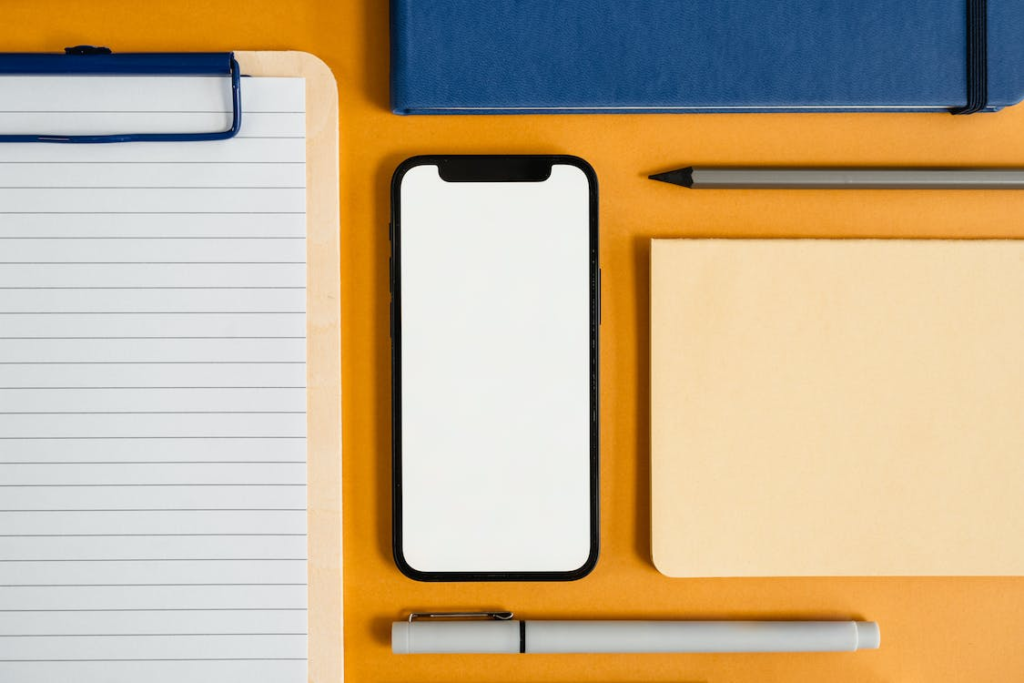
Staffing Costs
Another important expense of running a small business is the cost associated with hiring and managing staff. This staff can include permanent and temporary employees, seasoned workers, contractors, or freelancers that help in your business activities. Here’s a list of expenses you can claim when filing your tax returns:
- Salaries
- Bonuses
- Benefits
- Agency gees
- Pensions
- Training courses costs
- Employer’s National Insurance
- Subcontractors fees
However, there are a few expenses that HMRC doesn’t view as business expenses. For example, the cost of hiring a nanny isn’t allowable.
Business Premises Costs
If you have a physical office for your small business, you can claim expenses for the following:
- Rent or mortgage
- Utility bills, such as electricity, phone, and gas bills
- Security (guards, CCTV cameras, etc.)
- Property insurance
- Business and water rates
You can’t claim expenses for purchasing an office, but you can claim specific maintenance and repair costs as allowable expenses or capital allowances. These expenses range from business to business, so it’s best to talk to a tax specialist to determine the accurate allowable expenses for your business premises.
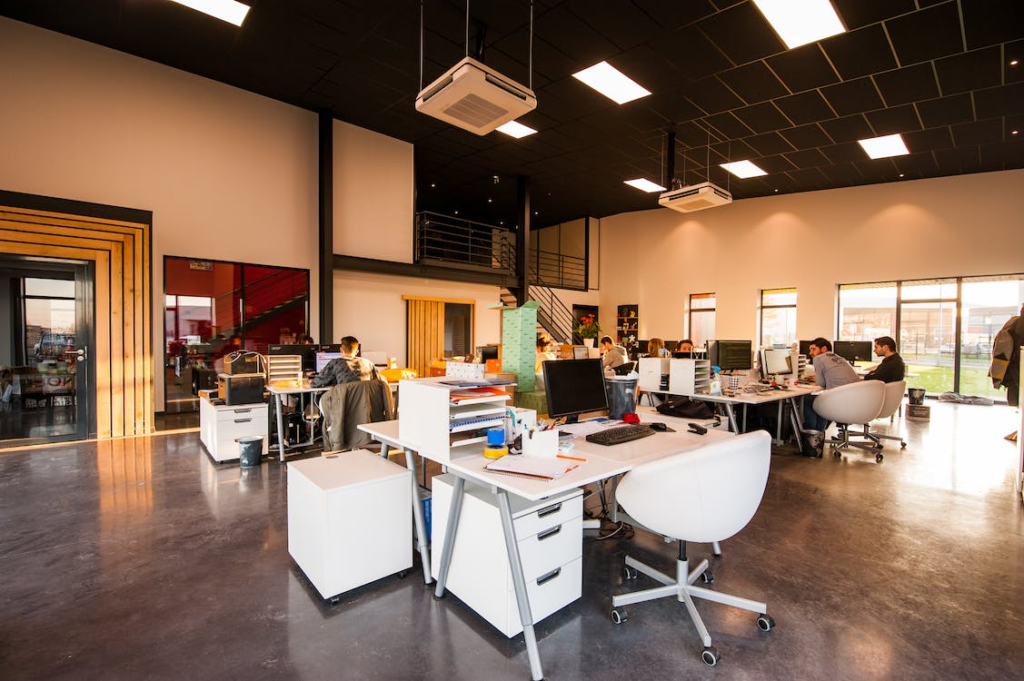
Work-from-Home Tax Reliefs
If you’re running a business from home, you can still claim a wide range of business expenses. These expenses include rent/mortgage costs and bills for electricity, water, gas, telephone, and broadband.
There are a few conditions that you must consider when claiming these expenses. HMRC only allows you to claim a portion of your home expenses (kitchens and bathrooms don’t count as a room) incurred for business activities.
For example, if you’re working from a five-room home and use two rooms for business activities. You can claim 40% of your rent and bills as business expenses. If you use those rooms for business activities for a specific day in a week or time, then you’ll have to calculate the costs according to hours. There’s no exact rule to calculate business expenses when working from home an experienced tax advisor can help you find a “fair and reasonable” amount.
Business Mileage Costs
If your business requires travelling, you can claim a mileage allowance to reduce your annual tax. Those sole traders who use a car or van for business trips can claim 45p/ mile for the first 10,000 miles and 25p/mile for miles after that. Those who use motorbikes can claim 24p per business mile.
You can claim an additional 5p/mile for every additional passenger that works for your business, such as a business partner, driver, etc. There are some more travel expenses that you can claim as a part of your self-assessment return.
- Fuel, repairs, servicing
- Vehicle insurance
- Breakdown coverage
- Parking charges
- Toll fees
- Car hire charges
- Air, bus, train, or taxi fares
- Meals on overnight trips
- Hotel rooms booked on business trips
Although costs incurred while travelling for business meetings and site visits can count as allowable expenses, you can’t include the cost of travelling to your business premises and home. If you’re doing personal tasks on a business journey, such as dining out, exploring new places, etc., you must separate only the business cost when claiming expenses. Similarly, expenses for entertaining clients, suppliers, or event hospitality don’t count as business expenses.
Calculating vehicle expenses can be tricky—therefore, HMRC has offered a system called “simplified vehicle expenses.” This makes the tax process easier by offering a flat rate. Moreover, if you buy a car, van, or another vehicle solely for business purposes, you can claim it as a capital allowance.
Donations to a Charity
Donations are also a part of tax reliefs in the UK. If you donated to a registered charity or community amateur sports club (CASCs) during a tax year, you could claim that money as allowable expenses on your tax return.
Donations made through gift aid, shares, land or property, your will, or directly from your wages are 100% tax-free. Charitable tax relief rules apply to individuals, sole traders, and partnerships only, not limited to companies.
Financial and Legal Costs
As a small business owner, you’ll need to hire various service providers such as solicitors, auditors, architects, etc. This also requires significant costs that you can add to your allowable expenses.
You can also claim other expenses such as:
- Bank and overdraft charges
- Interest on loans
- Credit card charges
- Leasing payments, etc.
If your business uses cash basis accounting, you can only claim up to £500 in bank and interest charges. Also, you can’t claim costs incurred in paying fines and penalty charges or for finance arrangements and repayments of loans.
Unpaid Invoices
Unpaid invoices are a beneficial yet unused allowable expense that most businesses are unaware of. If you’re using traditional accounting, you can claim money that you’re not receiving but is included in your turnover, such as bad debt. To add bad debt to your allowable expenses, you must ensure that you will never obtain those unpaid invoices, nor will they recover from a client in the future.
You can’t claim for the following:
- Debts for fixed assets disposals such as machinery, buildings, etc.
- Improperly calculated bad debts (you can’t estimate the amount you won’t be receiving)
- Debts that aren’t a part of your turnover
Note that this is only for those businesses that use traditional accounting. If you’re using cash basis accounting, you can’t claim bad debts because it only records income that you’ve actually received.
Council Tax Bills
Similar to rent and utility bills, you can claim a portion of your council tax bill. If your home office uses 40% of the property for business purposes, you can claim up to 40% of your bill when filing self-assessment tax returns.
Marketing Costs
Every small business relies on marketing activities to increase its sales and growth. However, most business owners forget to claim the costs incurred in these activities when filing self-assessment tax returns.
You can claim business expenses for:
- Website domain hosting
- Website maintenance
- Advertising for newspapers or directories
- Mail advertising
- Costs incurred when producing and distributing free samples
Again, any costs associated with entertaining clients or event hospitality aren’t considered allowable expenses, so you can’t claim them.
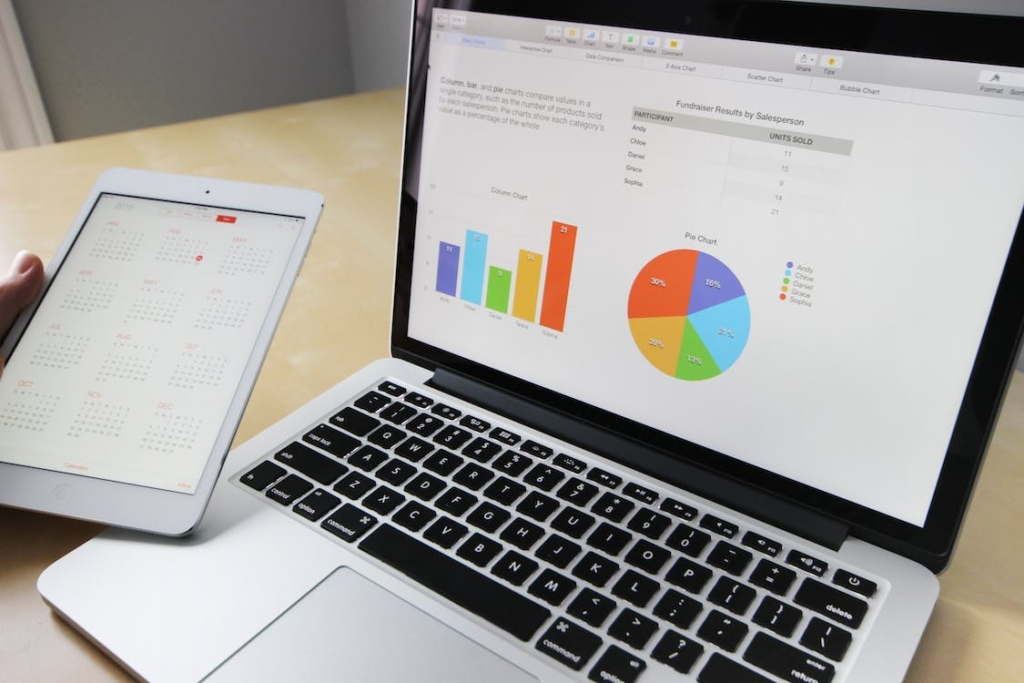
Clothing
You can claim allowable expenses for specific clothing items such as:
- Work-related uniforms
- PPEs
- Costumers for entertainers
You can’t claim the everyday outfits you wear to work or meetings. Clothing items must be essential and work-specific to qualify as an allowable expense. Also, you can deduct the entire amount spent on work-related clothes from your profits when calculating annual taxes.
Subscriptions
If you’ve subscribed to a publication, academic journal, or service that directly affects your business activities, you can claim the costs as business expenses. Similarly, you can claim the subscription costs of annual membership of a union or organisation. You can’t claim the payments made to a political party or subscriptions like a glossy magazine, gym, spa, etc. if you’re making donations to a charity as a subscription, you can’t claim those donations.
If you sell your house, the part used for business will be liable for Capital Gains Tax.
Business Tax Relief
Besides allowable expenses, HMRC offers various tax reliefs in the UK to help lower your tax bills. Here’s a list of those reliefs:
- Annual Investment Allowance AIA
AIA is a capital allowance that allows you to deduct the costs of machinery and plants from your profit. If you use cash basis accounting, you can’t claim capital allowances.
Here’s a list of items eligible for AIA:
- Things that you use continuously for business purposes, such as computers and vehicles
- Parts of a building integral to your business
- Demolishing costs of machinery and plants
- Alterations to the building to install machinery
The amount you can claim for AIA is capped at £1 million until 31 March 2023.
National Insurance Relief
HMRC offers National Insurance relief to employers of up to £4000. Claiming this relief reduces your Class 1 National Insurance whenever you run your payroll until the end of the tax year or when you reach the £5000 threshold.
Only businesses and charities with employees are eligible for this relief. Self-employed contractors who pay Class 2 and 4 NI don’t qualify. LLCs with one company director and no employees are also ineligible.
R&D Tax Relief
Research and Development (R&D) tax relief is for small businesses registered as a limited company and working on innovative tech and science projects. Your project doesn’t need to succeed to qualify for this relief. You will be eligible for SME R&D relief if you have less than 500 employees and a turnover of under 100 million euros.

Creative Industries Tax Relief
You can claim the following corporation tax reliefs if your business belongs to any one of these creative industries:
- Theatre
- Film
- Video games
- Animation
- High-end Television
- Children’s Television
- Orchestra, Museums or Galleries Exhibition
To qualify for this relief, your company must be responsible for each development phase from start to finish. You’ll need to pass the BFI (British Film Institute) cultural test.
The Patent Box
As a business owner, you can reduce the corporation tax on your profits or patented inventions with the Patent Box relief. To qualify, your company should be liable to corporation tax and earn a profit through patented inventions.
Let Our Tax Consultants Help You!
Identifying, calculating, and claiming allowable expenses is a complex process. As a business owner, you already have many things to handle. Let us help you with your tax concerns. Our team can help you successfully claim tax relief in the UK.

IBISS & CO is an award-winning tax firm in London and Walsall. We offer a wide range of accounting services for small businesses. With over 25 years of experience in the industry, our tax specialists find innovative and legal ways to reduce the amount of tax you pay. Contact us to get started.



